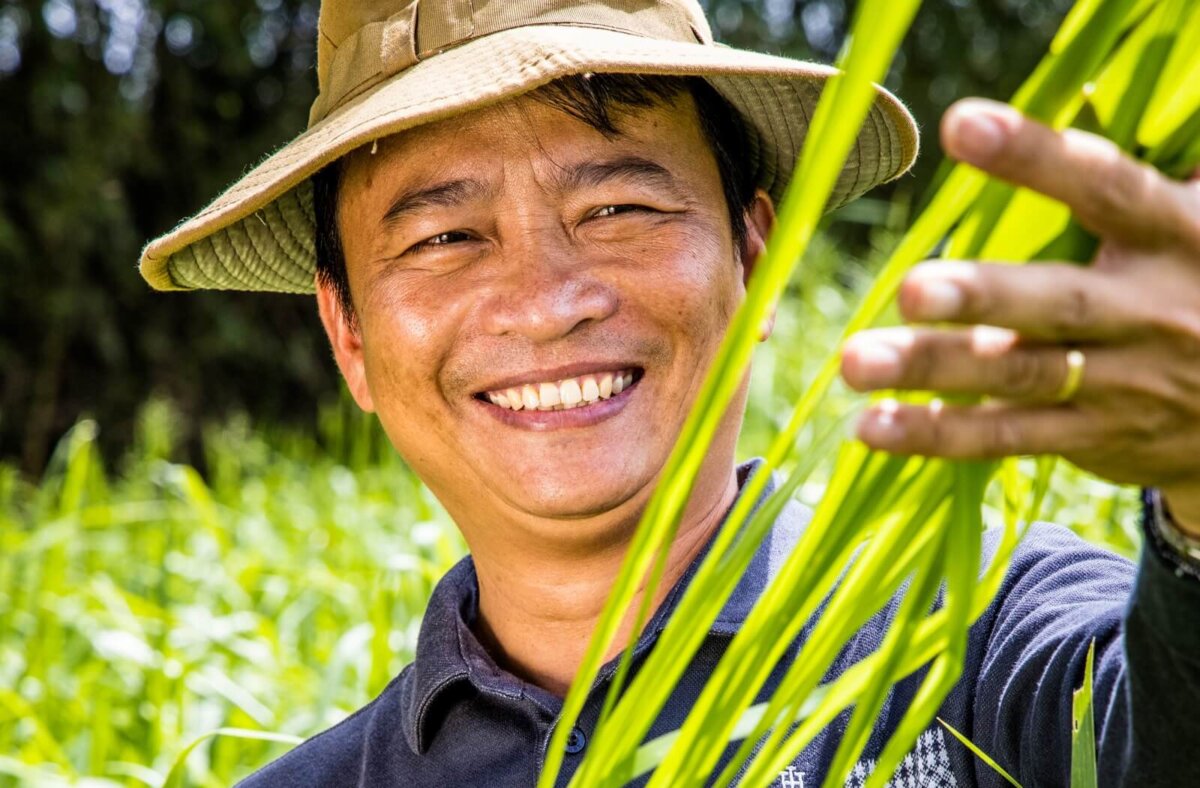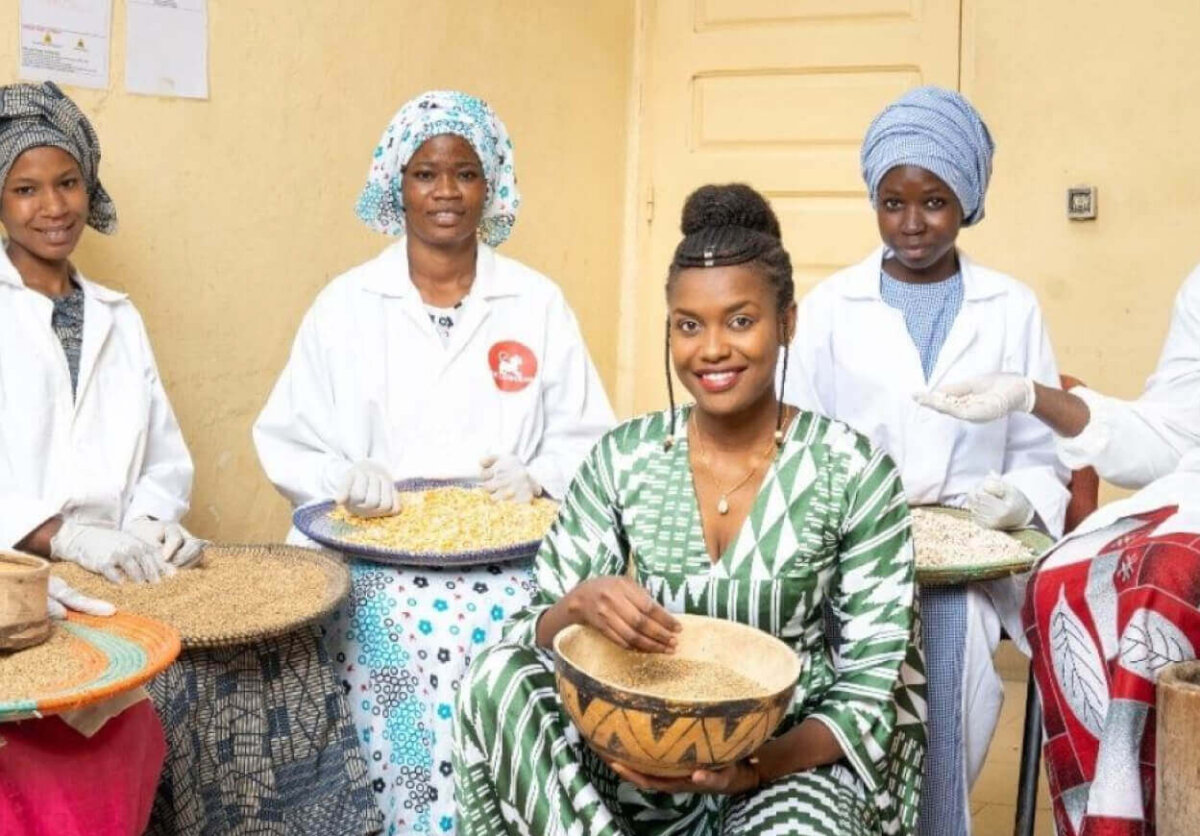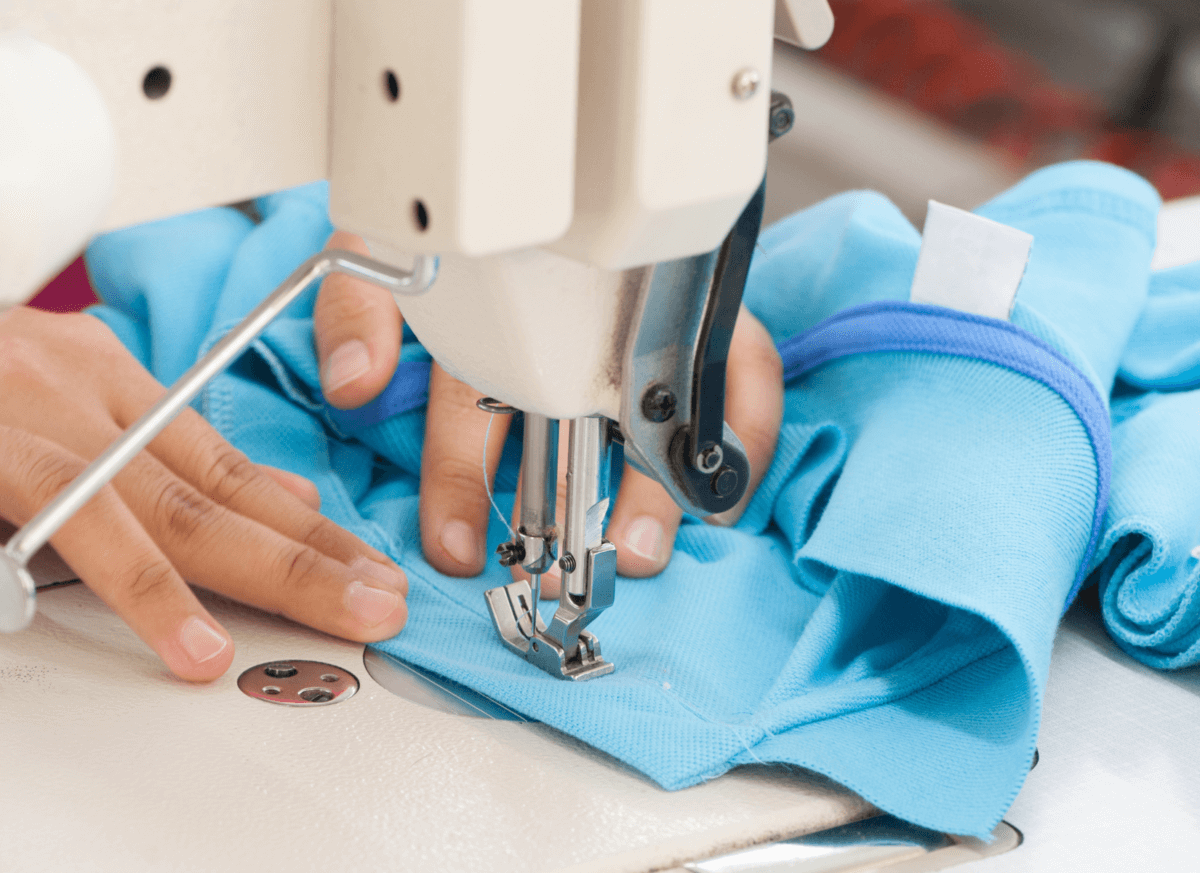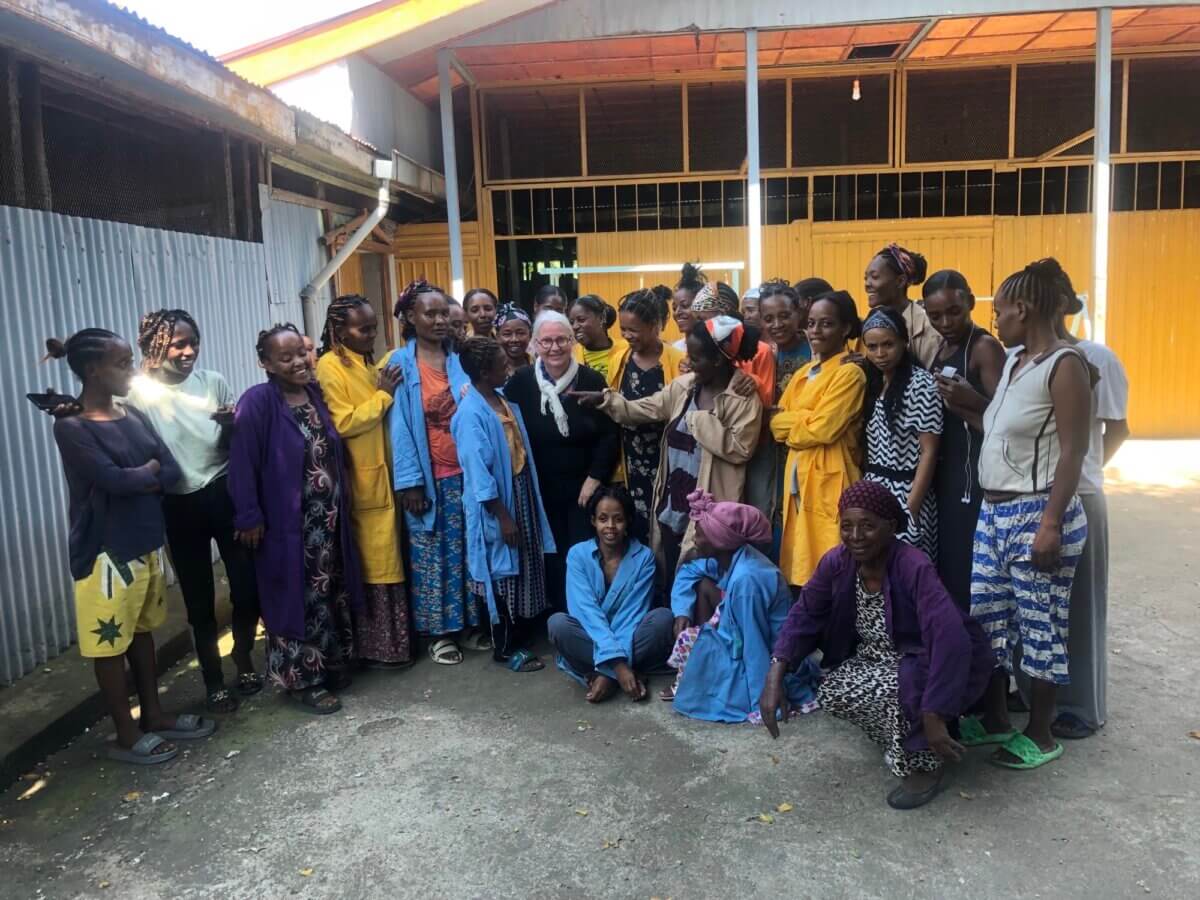- Sectors
- Textile & Leather
Textile & Leather
All our experts have cutting edge knowledge of every aspect of textile and leather production, and managerial experience. They incorporate sales and marketing, general management and financial aspects in their advice. We also take into consideration environmental awareness and quality/process control.
In the past, the Netherlands was known for their manufacturing and trade in textiles. Currently focus is on high quality products especially regarding technology, like innovative manufacturing techniques and environmental issues, in combination with fashion design and creation of garment collections.
This also applies to the leather sector where the manufacturing of shoes, bags and accessories are an important part of the fashion industry. All our experts have managerial experience, and will always incorporate sales and marketing, general management and financial aspects in their advice.
Special attention within the leather industry is paid to the tanneries where wet blue, crust and finished leather is produced. The leather experts in The Netherlands have cutting edge knowledge of every aspect of leather production, from beam-house operations to finishing.
Environmental awareness and quality/process control is part of our expert advice; we can supply the technology to meet your government’s criteria regarding effluent and waste.
Areas of expertise
Design
Pattern making, from basic procedures to cad/cam systems. Styling, developing fashion brands, creating fashion collections.
Trade and marketing
Shop-keeping, quality control, promoting a fashion collection, marketing of leather products, exports and sales strategies.
Processes
Operations, CMT production, production of shoes, bags and leather goods. Spinning, weaving, dyeing, knitting, wax, screen and offset printing. Tanning, quality management, effluent treatment.
Corporate social responsibility
Waste water treatment, chemicals, environmental issues, quality control and corporate sustainability.
Client examples
Education
One of our PUM-experts was invited to a cooperative which ran, among other things, a sewing centre manufacturing school uniforms for schools all over the country, from elementary schools to vocational institutes. During the first PUM mission, the expert taught students how best to improve the quality of the uniforms they were making. Two years later, PUM followed up with another mission. The PUM expert trained a new batch of students and helped refurbish the workshop and improved working conditions. Meanwhile, three former students have opened their own businesses, small boutiques where they sell clothing, arts-&- crafts supplies, and children’s toys. Each of them generates a fine income and they share their knowledge and skills with others.
New start for a tannery
A PUM expert collaborated with clients in revitalising an out-of-date tannery. The tannery was part of a vast installation, four hectares big, comprising a laboratory, the tannery itself, and a lot of tanning machinery. The machines were salvaged and gathered into a single work area. Cow hides were purchased from a local slaughter house, and the tanning process was begun. Only basic chemicals were used, such as lime, sulfur, and various acids, all bought at local markets. Following wet-blue treatment, the crust leather process was applied utilising stock chemicals, also obtained from local markets. Lastly, the finished leather was manufactured into shoes for sale on the open market. After our PUM expert had returned to The Netherlands, tannery samples of wet-blue processed leather were sent to the expert for comparison- testing against a similar, Dutch product, processed instead using modern chemicals. Results were conclusive: state-of-the-art chemistry guarantees enhanced quality in dressed leather production.
Increased sales opportunities
A factory producing children’s shoes had applied for a PUM expert in order to assist in solving some technical problems related to a certain type of shoe production and, further, to develop an export marketing plan to export products to Europe. A problem with one of the shoe production machines was solved by a local technician after which the company’s marketing plan was addressed. The PUM expert conducted a thorough SWOT analysis and, based on its findings, advised the company to postpone exporting to Europe. It was recommended that the company first improved the local marketing organisation. Management found that local markets offered more than enough sales opportunities and, as a consequence, developed a new plan. Within two years of implementing the PUM expert’s recommendations, the shoe factory had doubled production of the company’s branded footwear and was able to sell all of the products on the local market. Building on this success, the company now was able to penetrate markets of neighbouring countries.
Social impact
Our PUM expert advised an entrepreneur who was working with disadvantaged women to start up a souvenir shop. With a lot of improvising and enthusiasm the souvenir shop did go off on a good start, said the PUM expert: “I had to design patterns using newspaper and tape, and stones in place of pins, and it was gratifying to create with the ladies great looking designs,” adding that “the entrepreneur has since received an order from a Dutch shop for thirty dresses, and I also advised the entrepreneur on a store layout likely to tempt customers into buying something.”
Professional people for positive impact
Looking to grow your business or organisation sustainably and build a brighter future for your community? Contact one of our representatives in your country for criteria, more information and guidance on the application process.







